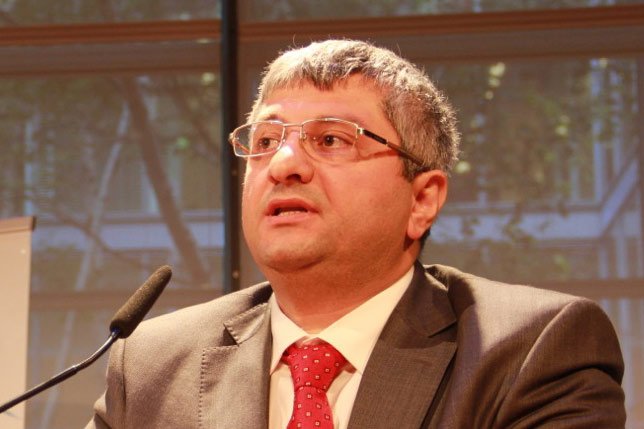Civil society-democratic relations, Gezi and the Middle East

Date posted: October 5, 2013
Ihsan Yilmaz
Civil society and democratic relations are like the chicken and the egg. We do not know which one must come first, but we know that their existence depends on each other.
In Turkey, the Kemalists tried to suppress civil society to monopolize the lives and thinking of citizens. They aimed to socially engineer a homogenous society. But civil society has resisted this attempted hegemony and has tried to limit and control the power of the almighty state. The existence of democracy and a vibrant, pluralistic civil society have not only transformed the Kemalist state but also those Turkish Islamists who were also state-centric. The free market, the Anatolian bourgeoisie and their connections with the world, the strength of Islamic civil society and the transformations of Turkish intellectuals are some of the reasons for this change.
Turkish Islamists have always been nonviolent. The Ottoman history of pluralism, secularization and constitutional-parliamentary rule has also had an impact on both Turkish Islamists and Turkish civil Islam. This form of Islam mostly stayed away from the Islamist parties of Erbakan, and very few supported him during the 1970s, 1980s and even 1990s. Instead, they usually supported center-right secular parties.
The Gülen or Hizmet movement has also influenced the transformation of Turkish Islamists and their normative ideals. The Islamists were, to a great extent, non-confrontational and preferred resistance through political means, but when Fethullah Gülen stated in 1994 that there was no return from democracy, this heralded a new era in the political thinking and philosophy of practicing Turkish Muslims.
The Hizmet movement’s dialogue with Ecumenical Patriarch Bartholomew I, its strong support for the re-opening of the Halki Seminary, its focus on civil society, freedoms and human rights without social engineering, as well as its championing of the EU process, have definitely been non-Islamist and even anti-Islamist acts, and all these have changed the cognitive and normative frameworks of observant Muslims.
The Hizmet movement has constantly and enthusiastically been on the side of Turkey’s democratization. This enthusiasm has sometimes led Hizmet-affiliated media outlets to make mistakes regarding the old deficiencies and failures of the Turkish judiciary, press freedoms and freedom of speech. Yet, overall, the Hizmet movement and its understanding of civil Islam has tremendously contributed to the democratization of Turkey.
Along with its role in dialogue with non-Muslims, the Hizmet movement has been leading in other crucial areas, too. A few years ago, Hizmet’s Journalists and Writers Foundation (GYV) made a proposal to Parliament that education in the Kurdish language must be allowed, and only today the government is ready to allow it in private schools. Hizmet is now building a Sunni Mosque-Alevi Cemevi Compound, and the reactions to this project show that most Turks are not ready for these innovative projects that will foster social cohesion, peaceful coexistence, vibrant and robust civil society and sustainable democracy.
The Gezi incidents have shown that a vibrant and strong civil society could be useful in reminding the almighty state of its limits. Rulers who lose touch with the sensibilities of the people who did not vote for them can ignore interactive governance and avoid deliberative democracy. The Gezi Park protests are a case in point. Although they were later hijacked by vandals and marginal violent groups, the initial phase of the Gezi protests showed how civil society can play a positive role in the consolidation of democracy by resisting majoritarianism and interference with people’s lifestyles.
Democracy cannot be transplanted from one country to another. Nonetheless, if non-confrontational civil society groups are supported, their gradual growth will hopefully, in time, pave the way for democracy in the Middle East.
Source: Today's Zaman , October 4, 2013
























